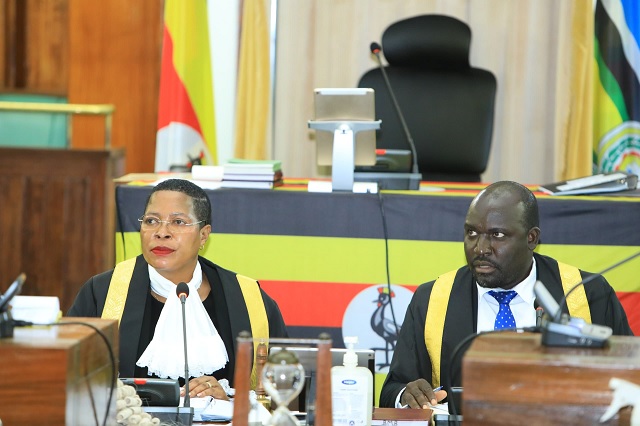The Parliament of Uganda, chaired by Speaker Annet Anita Among, recently directed the government to provide the August House with a full 2024 Census report, following public criticism regarding discrepancies in the provisional census data.
The speaker emphasized that Parliament needs to thoroughly review the official report to address the discrepancies highlighted by various stakeholders.
“First of all, we need to know the source of this document; the minister must have a report from which he is quoting these figures. We need an authentic document. This partial statement is not enough,” Speaker Among said.
Read Also: UBOS Issues Official Correction of Misreported Tribal Data in NPHC 2024
During the plenary session, Amos Lugoloobi, the Minister of State for Planning, made an effort to explain the discrepancies in a statement. However, MPs questioned whether a statement would adequately address the issues and instead demanded the complete census report.
Minister Lugoloobi, in response, promised the Parliament that the full census result would be released in December 2024.
“In December 2024, we will present the final National Census report. The data we have now is provisional,” Lugoloobi confirmed.
Read Also: IMPUNITY: UBOS’ ED Mukiza Should Resign or Be Imprisoned
He explained that the final report is still pending and that the data currently provided is provisional.
In the recent months, UBOS has been under scrutiny by the public, citing significant errors in tribal population data from the 2024 census provisional report, which the Bureau admitted, saying figures for the Bagisu and Bakiga tribes were mistakenly interchanged, and the UBOS ED Mukiza described the discrepancies as human errors occurring during the final reporting stage. He, however, asserted that the overall population growth trends remain valid.















